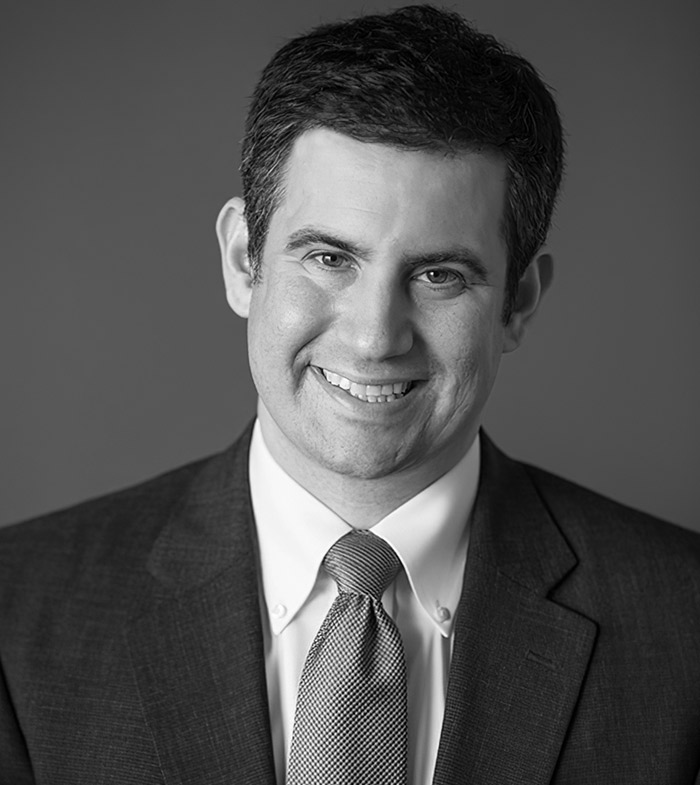Noncompete and trade secret law has evolved rapidly in the last decade in Georgia and nationally, and 2023 was no different. Below are some key lingering issues to monitor in 2024.
2024: Noncompete and Trade Secret Law
1. Will the Federal Trade Commission Ban Noncompetes?
2023 started with a bang with the FTC issuing a proposed rule in early January of last year that would ban noncompetes. The rule elicited thousands of comments from the public during the notice-and-comment period, but there has been little news out of the FTC about the rule since the comment period ended. So the open question is when will the FTC act, and what will a final rule look like?
Many are predicting the FTC will issue a final rule this Spring. But will the FTC dial back its original proposed broad-based ban and allow noncompetes for certain types of employees, particularly senior-level executives and employees with access to trade secret information? And will the FTC’s final rule survive an inevitable court challenge? Businesses and industry groups are closely monitoring the FTC’s next steps.
2. Watch out for the NLRB too.
The FTC is not the only federal agency attacking noncompetes as the National Labor Relations Board (“NLRB”) has joined in. Last May, the NLRB’s General Counsel proclaimed in a memo that noncompetes chill activity protected under Section 7 of the National Labor Relations Act (“NLRA”), contending, among other reasons, noncompetes discourage employees from seeking out or accepting employment with competitors to secure better working conditions. After the GC issued this memo, a NLRB regional director filed a complaint against a spa alleging that various provisions in contracts the spa mandated its employees sign were unlawful under the NLRA. Those allegedly unlawful provisions included: two-year 20-mile noncompetes, two-year employee and customer nonsolicits with steep penalties for violations, a provision requiring repayment of training and education costs if an employee leaves within a certain time period, and nondisparagement language.
Another recent NLRB memo contends a standard duty of loyalty provision, i.e., contract language that prohibits moonlighting, is unlawful. The same memo suggests a customer nonsolicit could violate the NLRA and be unlawful if an industry involved a limited pool of customers where the nonsolicit effectively barred alternative employment.
While the NLRB’s hostility toward noncompetes and other related provisions appears more targeted toward companies that are truly abusing these provisions, employers using restrictive covenant agreements should be mindful that overreaching policies run the risk that an employee could file a charge with the NLRB. That in turn could expose the company to the NLRB’s wrath.
3. Nonrecruitment Covenants in Georgia – When are they Enforceable?
Last year the Court of Appeals held that Georgia’s restrictive covenant statute requires that employers must include a territorial limitation in a nonrecruit for the covenant to be enforceable. The Georgia Supreme Court agreed to review the decision and is thus poised to clarify the law on this unique issue. Stay tuned for updates from BFV on drafting nonrecruitment covenant that comport with Georgia’s evolving law.
4. Will More States Ban or Limit the Use of Noncompetes?
2023 was another hot-bed year for legislative activity in the area of noncompetes.
Minnesota banned noncompetes. New York’s legislature passed a ban on noncompetes, but the governor vetoed the law. Some states explored adding wage-based restrictions on using noncompetes. Some states implemented noncompete bans for certain healthcare workers and veterinarians. California made its already-existing broad noncompete ban even more robust. 2024 promises to be no different with more state-level legislative activity in this area.
Employers, particularly those with employees in different states across the country, should continue to keep a close eye on state law noncompete developments.
Please contact us if you would like to discuss how these changes may impact your organization. BFV will continue to keep you updated on noncompete and trade secret law changes affecting your business.
Neal Weinrich knows noncompetes and trade secrets inside and out. A shareholder at Berman Fink Van Horn, Neal counsels clients in all industries on matters involving restrictive covenants, trade secrets and other competition-related issues.

